Stress doesn’t just weigh on your mind—it creates real, visible changes in your skin. As a dermatologist, I see how stress can worsen chronic skin conditions, delay healing, and even trigger new problems that may not have existed before. Because the skin is the body’s largest organ and directly connected to the nervous and immune systems, it often reflects what’s going on inside. By understanding how stress affects skin health, we, at Nima Skin Institute, can take a more complete approach you care.
The Clinical Impact of Stress on Skin
When stress hormones such as cortisol and adrenaline surge, they disrupt normal skin function in measurable ways:
- Acne: Increased oil production and inflammation combine to clog pores and cause breakouts. Stress can also make existing acne harder to control.
- Eczema and psoriasis: These chronic inflammatory conditions are highly stress-responsive, and patients often notice flare-ups or prolonged healing during stressful periods.
- Rosacea: Flushing, visible blood vessels, and heightened sensitivity worsen when stress stimulates the vascular system.
- Barrier dysfunction: Stress weakens the skin’s protective barrier, leading to dryness, itching, and an increased risk of irritation or infection.
- Delayed healing: Collagen production and repair processes slow, which allow blemishes, rashes, and even minor injuries to linger.
- Premature aging: Prolonged exposure to stress hormones accelerates breakdown of collagen and elastin, leading to wrinkles and loss of firmness earlier than expected.
These outcomes are more than cosmetic—they can affect daily comfort, self-confidence, and overall quality of life.
Strategies for Stress-Related Skin Conditions
- Barrier Support: A strong skin barrier is essential. Using gentle cleansers, barrier-repair moisturizers, and topical anti-inflammatory agents can reduce irritation and help your skin remain resilient despite stress. For patients with sensitive or atopic skin, I may prescribe barrier creams.
- Prescription Treatments: Stress-related flare-ups of acne, eczema, rosacea, or psoriasis often require targeted medical therapies. Depending on the condition, this may include retinoids, antibiotics, corticosteroids, immunomodulators, or systemic treatments. These interventions not only calm inflammation but also prevent progression and scarring.
- Professional Procedures: In-office treatments can accelerate healing and reduce visible stress effects. Chemical peels designed for sensitive skin, as well as light-based therapies can help minimize inflammation, strengthen the barrier, and restore a healthier, more balanced appearance.
- Stress Management in Skin Care: While prescriptions and procedures target the skin directly, addressing stress itself improves outcomes significantly. Clinical research shows that practices like mindfulness, controlled breathing, or improving sleep hygiene lower cortisol and promote skin repair. Even short daily breaks for relaxation can improve the skin’s ability to respond to treatment. I encourage patients to integrate these supportive techniques into their overall care plan.
A Comprehensive Approach
Stress has a way of altering the skin at a cellular level, weakening the barrier, fueling inflammation, and slowing repair. Left unchecked, it can worsen common dermatologic conditions and accelerate signs of aging. The good news is that with a comprehensive approach—including prescription therapy, professional treatments, and supportive stress-management strategies—your skin can recover, strengthen, and remain healthier over time.
At Nima Skin Institute, our goal is to restore both skin health and patient confidence with care that addresses the full picture. Please feel free to contact us and let us create a customized plan for you.
